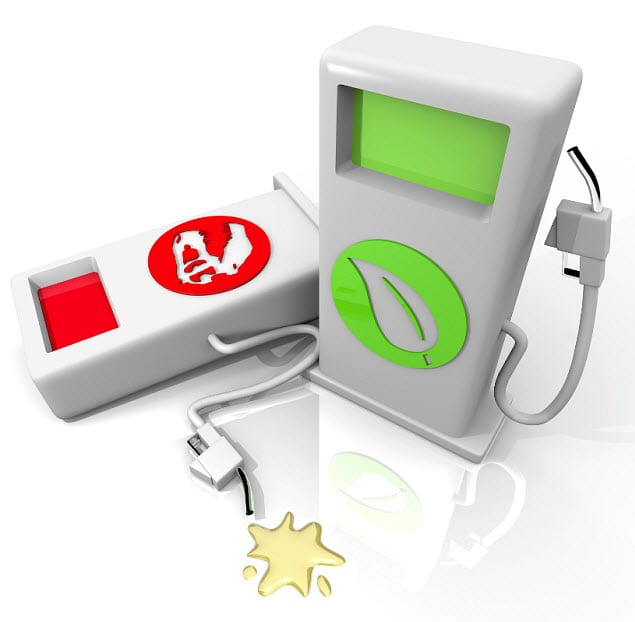The Netherlands may ban traditional vehicles to support clean transportation
April 21, 2016European countries are beginning to fight climate change by focusing on the transportation sector
Climate change is becoming a very concerning issue for Europe, and some countries are beginning to focus on the transportation space as a way to fight emissions. In Europe, vehicles account for 12% of the harmful emissions that are produced in the region. The Netherlands is considering a ban on the sale of traditional vehicles powered by gasoline or diesel, hoping that the ban would encourage the adoption of clean vehicles that produce no harmful emissions.
Proposal aims to ban the sale of gasoline and diesel vehicles
Lawmakers in the Netherlands have proposed to ban emission producing vehicles by 2025. This ban targets all such vehicles, even those equipped with hybrid technologies that limit their emission production. If approved, the motion would mean that only electric vehicles, including those equipped with hydrogen fuel cells could be sold in the country. Lawmakers have also shown interest in autonomous vehicles, which could help reduce the number of car accidents throughout the Netherlands.
Many lawmakers are unsure that the new proposal is ideal for the transportation sector
 So far, the ban on emission producing vehicles has managed to receive some support from lawmakers. Many politicians, however, do not expect the measure to become law. These lawmakers believe the ban to be too aggressive, with not enough time being allowed to pass to ensure that the transportation space can adapt. While the measure may not become law, the Netherlands is part of an international agreement to ban the sale of gas-powered vehicles by 2050. Lawmakers believe that this agreement is more viable for the transportation space.
So far, the ban on emission producing vehicles has managed to receive some support from lawmakers. Many politicians, however, do not expect the measure to become law. These lawmakers believe the ban to be too aggressive, with not enough time being allowed to pass to ensure that the transportation space can adapt. While the measure may not become law, the Netherlands is part of an international agreement to ban the sale of gas-powered vehicles by 2050. Lawmakers believe that this agreement is more viable for the transportation space.
Europe is investing more heavily in the clean transportation space in order to limit emissions and fight climate change
Clean transportation has become a priority for many countries in Europe. The availability of electric vehicles is growing and several countries have begun to invest in the development of a hydrogen fuel infrastructure. This infrastructure will support the adoption of fuel cell vehicles, which are likely to become more common throughout the region in the coming years.

 HFN News is your leading source for fresh hydrogen and renewable energy updates. Amid the fast-paced growth of hydrogen companies, we provide top-notch news and insights about this exciting sector. Our coverage spans from hydrogen cars to global sustainable initiatives, and we highlight the latest in green jobs and developing hydrogen hubs. We invite you to share your local hydrogen news and explore today’s renewable energy job listings on our site. Thanks for choosing HFN News as your trusted guide to the hydrogen and renewable energy world!
HFN News is your leading source for fresh hydrogen and renewable energy updates. Amid the fast-paced growth of hydrogen companies, we provide top-notch news and insights about this exciting sector. Our coverage spans from hydrogen cars to global sustainable initiatives, and we highlight the latest in green jobs and developing hydrogen hubs. We invite you to share your local hydrogen news and explore today’s renewable energy job listings on our site. Thanks for choosing HFN News as your trusted guide to the hydrogen and renewable energy world!